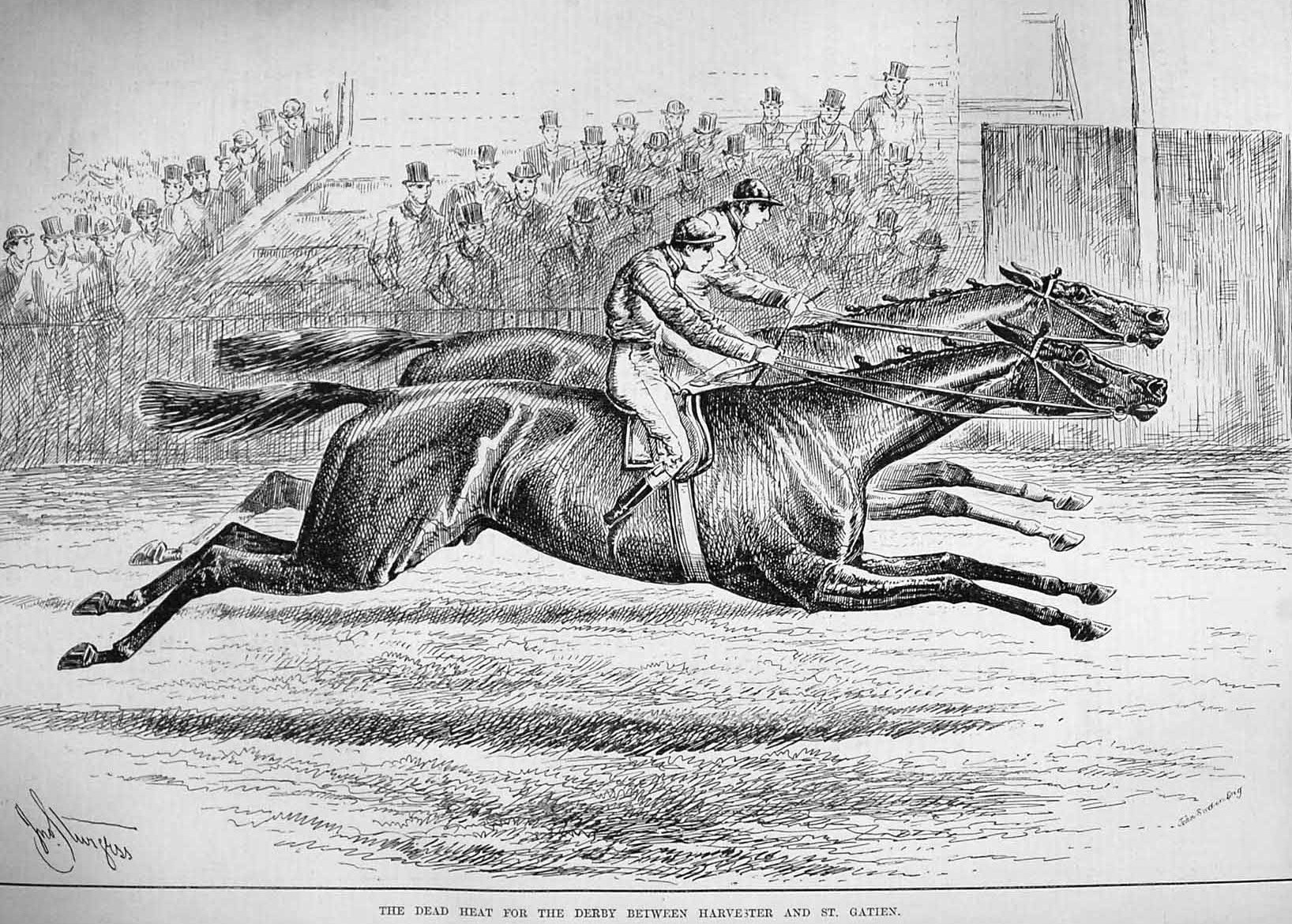 |
Image source: Climate Change Authority |
October 30, 2013
Stronger targets proposed in Climate Change Authority draft report
Has the United Kingdom sold their student debt?
 |
| Image source: Wikimedia commons |
October 25, 2013
When experts conflict
October 22, 2013
Expertise and public policy: don’t just ask the experts
 In recent years the number of highly technical policy issues considered by the Australian Parliament has increased. This means members and senators are obliged to grapple with the technical issues associated with all manner of topics, some of which have scientific or technological aspects.
In recent years the number of highly technical policy issues considered by the Australian Parliament has increased. This means members and senators are obliged to grapple with the technical issues associated with all manner of topics, some of which have scientific or technological aspects.
But in order to reach a considered position and to have an authoritative basis for decision making, members and senators must achieve some grasp of these technical issues.
Thus, members and senators often find themselves in a difficult position—one that is shared by other non-experts: that is, that their ability to understand and reach a considered, informed judgement on the technical aspects of many debates is either limited or non-existent.
October 18, 2013
Time period between election date and first sitting date
It is up to the government to decide when parliamentary sittings will commence following an election, provided that the first sitting day is no later than 30 days from the date of the return of the writs. The election timetable is governed by the Constitution and the Commonwealth Electoral Act 1918. According to the timetable, the date of the return of the writs for the election is to be no longer than 100 days after it is issued, which is within 10 days after the election is announced.
First speeches
With the 44th Parliament due to open on 12 November new members will be making their first speeches in the opening weeks or months of the new parliament. The Chamber departments provide detailed notes for the guidance of new members when they are preparing their first speeches; this brief contains more general information and some historical background.
October 14, 2013
Payments to support victims of overseas terrorism
.jpg/800px-Bali_%E2%80%93_Ground_Zero_Monument_(2692318786).jpg) |
| Image: 2002 Bali Bombing Memorial |
October 11, 2013
The US Debt Ceiling – some historical background and key links
 |
Data from: US Treasury Monthly Statement of Public Debt. |
October 9, 2013
Future growth in DSP receipt—not all bad news
 |
Image source: Department of Social Services |
October 8, 2013
What the latest IPCC report says about Australia
 |
| Image source: CAWCR |
October 4, 2013
What is the Intergovernmental Panel on Climate Change and how does it work?
 |
| Image source: CAWCR |
October 3, 2013
Getting the balance right: U.S. perspectives on Defence reform
Image source: Wikimedia Commons
|
October 2, 2013
A close-run thing: the narrowest of margins [UPDATED]
 |
| Image Source: Wikimedia Commons |
October 1, 2013
Electing the party leader
On 8 July 2013, then Prime Minister Kevin Rudd announced proposed changes to the way in which the Australian Labor Party elects its leader. The changes included votes by the party membership and votes by the Federal Parliamentary Labor Party (FPLP), weighted at 50% each, and processes for when and how a leader can be challenged and the amount of Caucus support needed to mount a challenge to the leader. The special meeting of Caucus on 22 July 2013 endorsed the proposals but agreed that a petition challenging the leader should require 60% Caucus support rather than the 75% proposed by Rudd. It was also agreed that, in the period between the federal election and the ALP election of its leader, the deputy leader or the highest ranked House of Representatives member would act as leader.
Subscribe to:
Posts (Atom)

